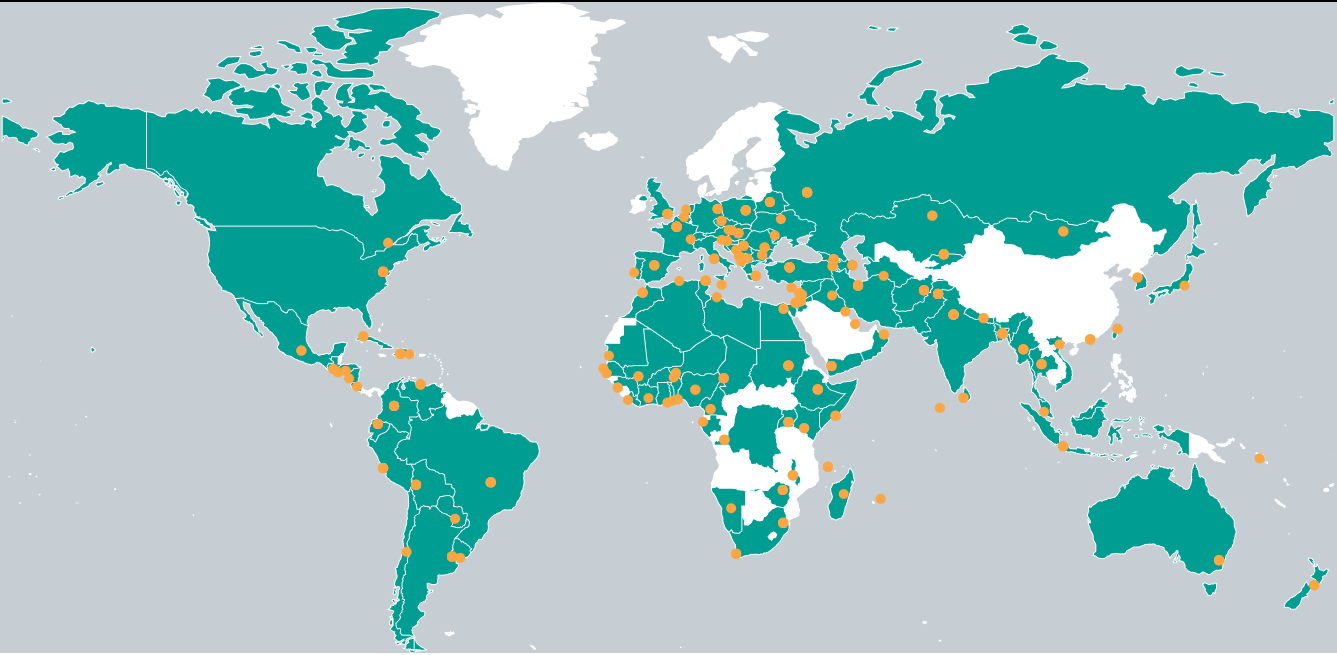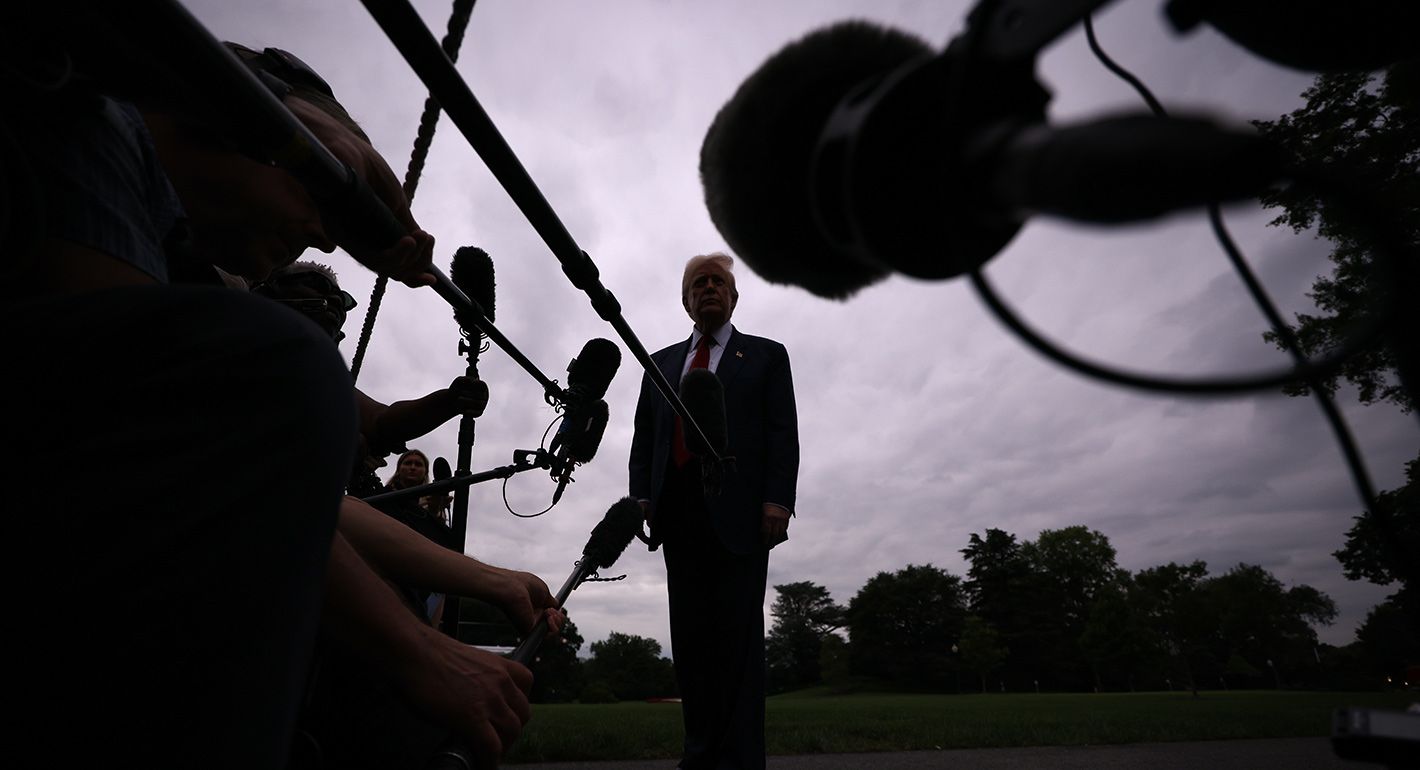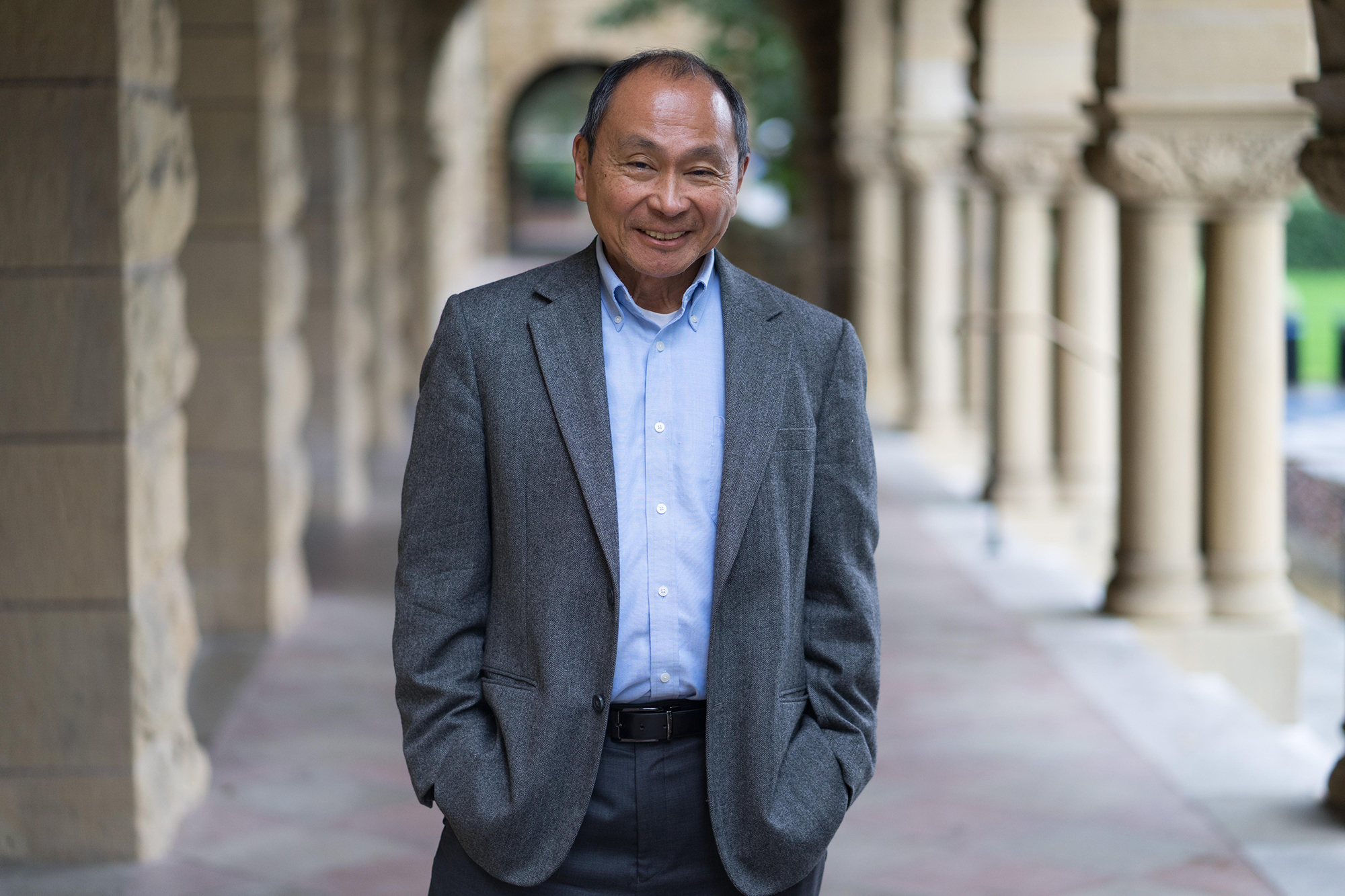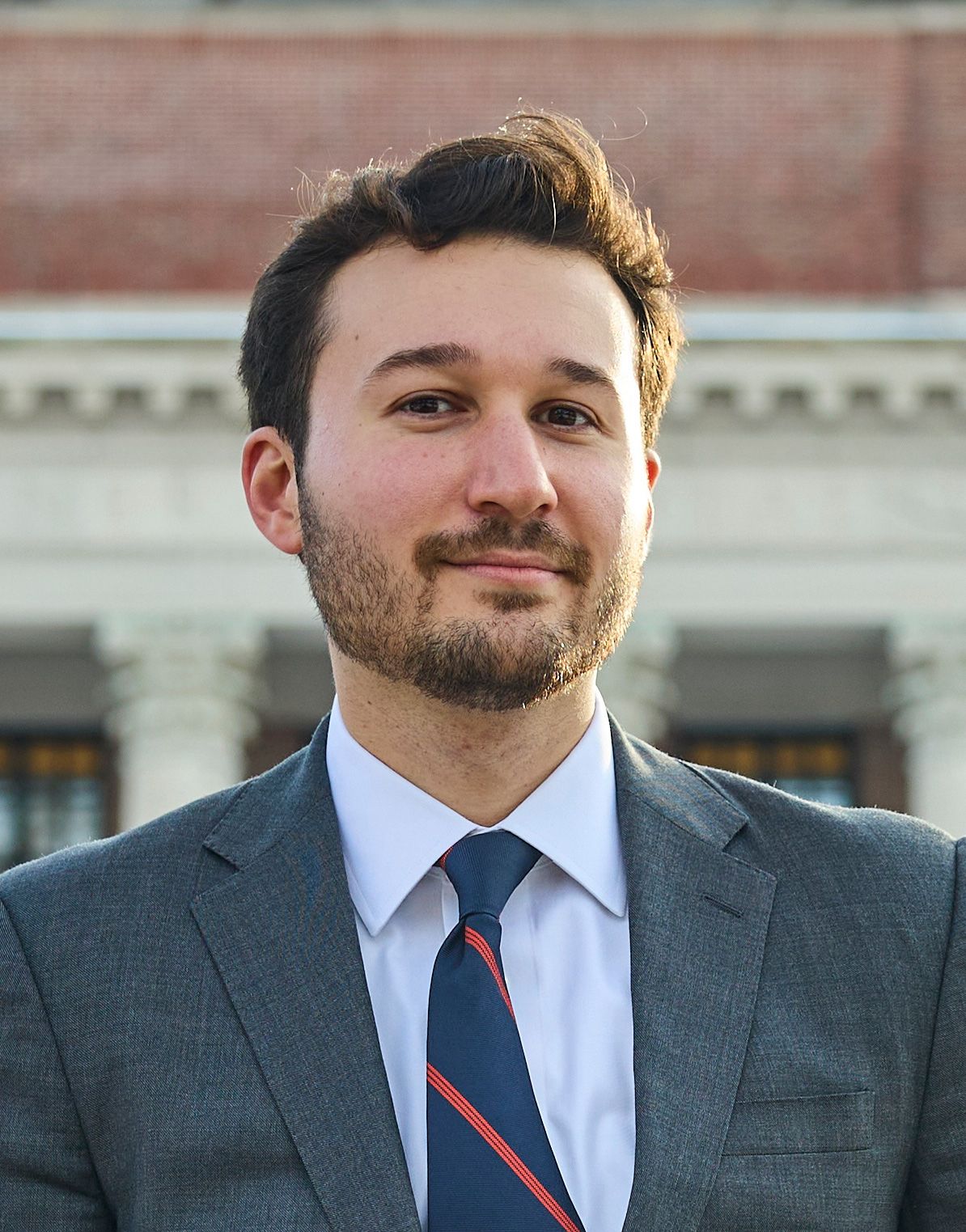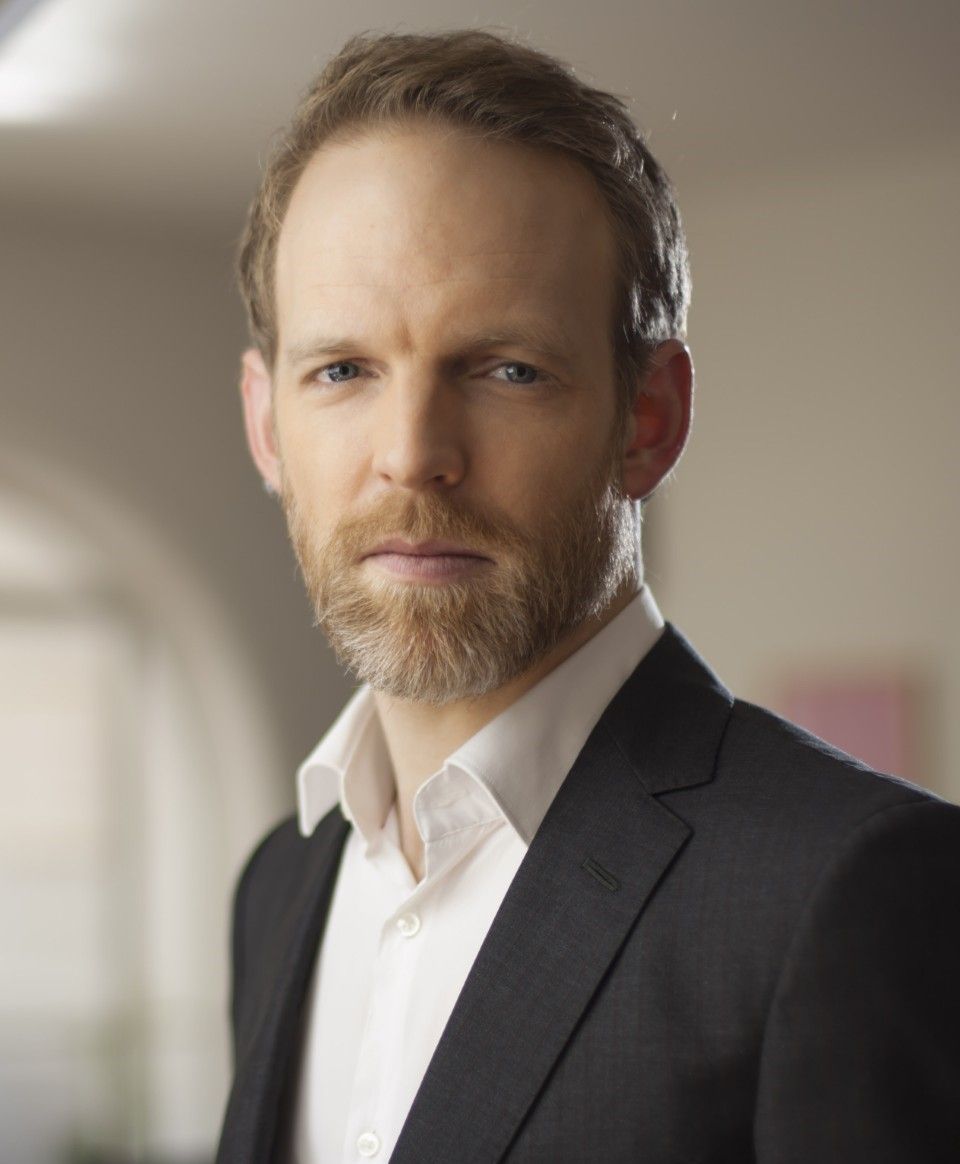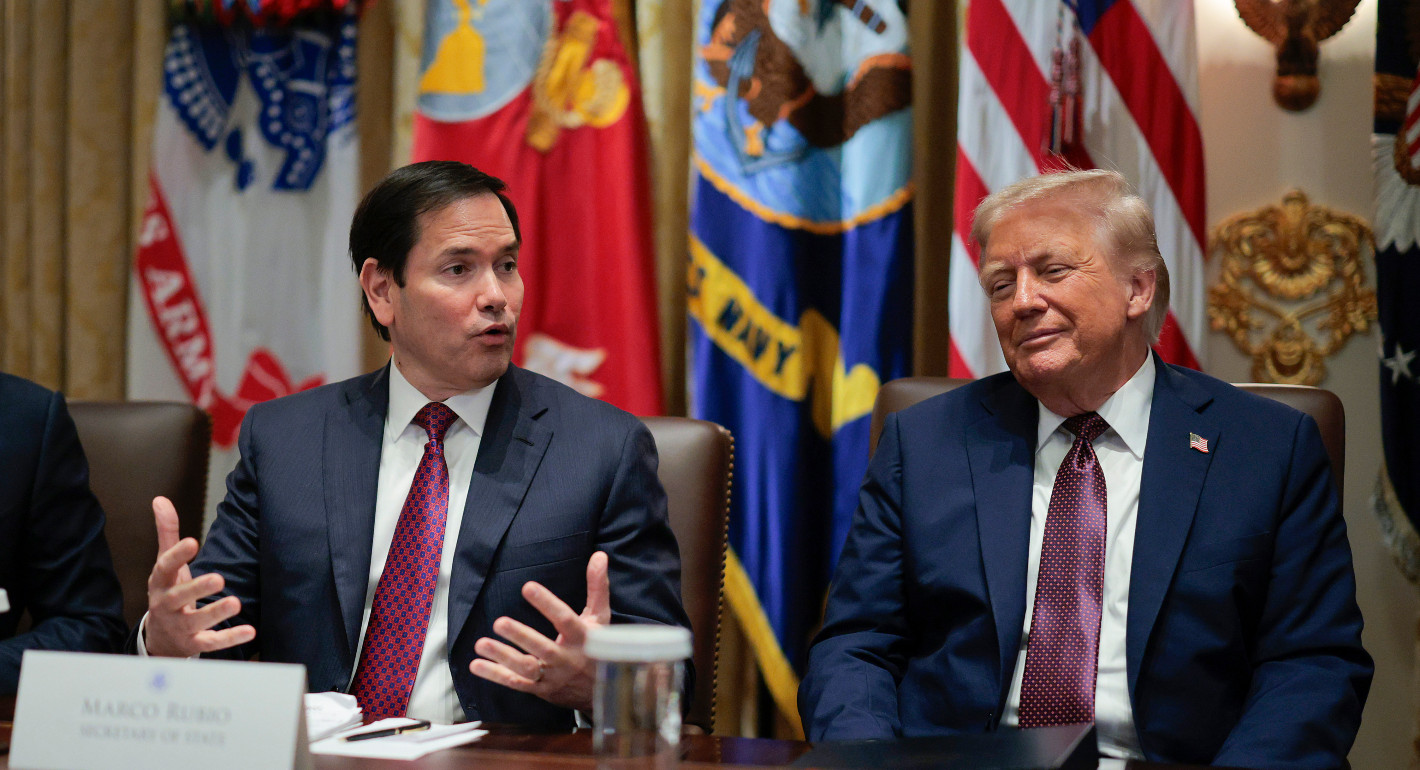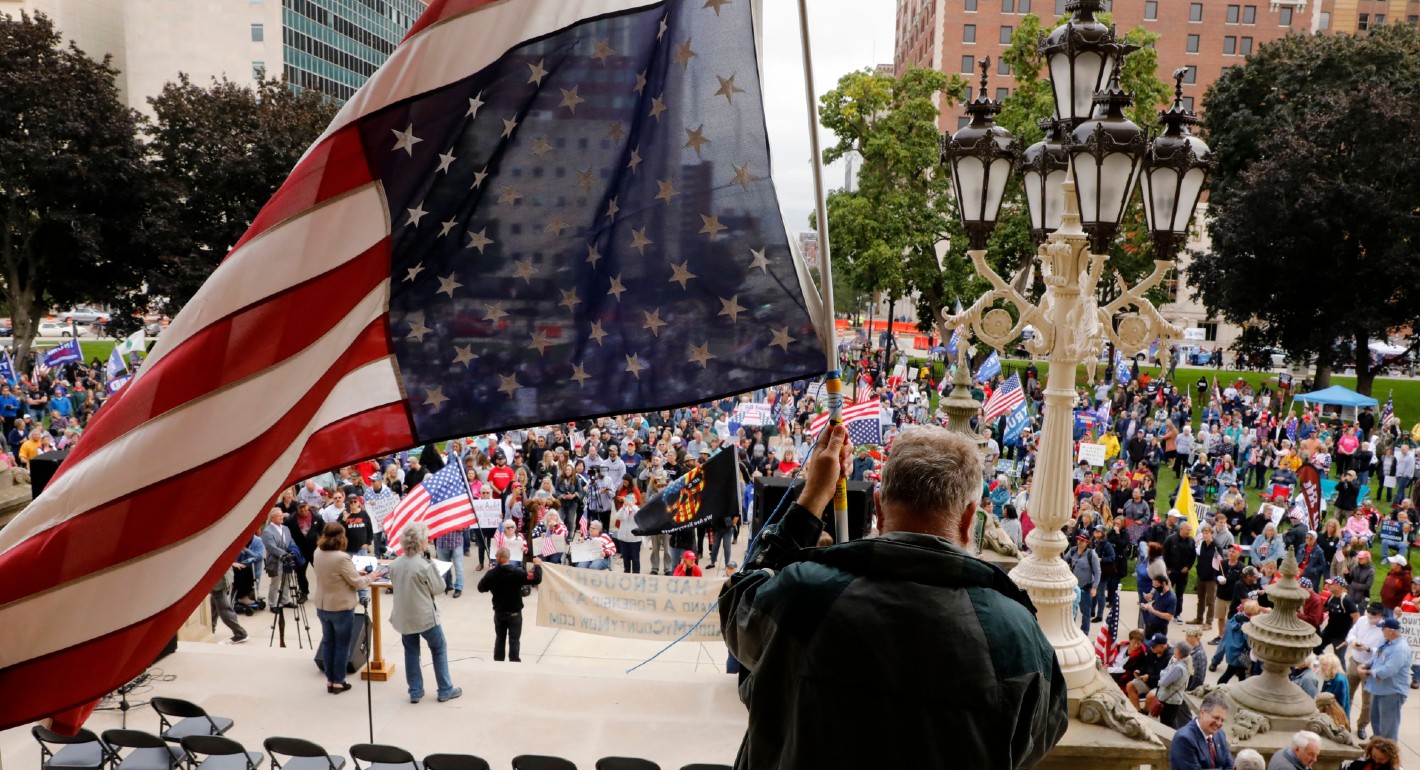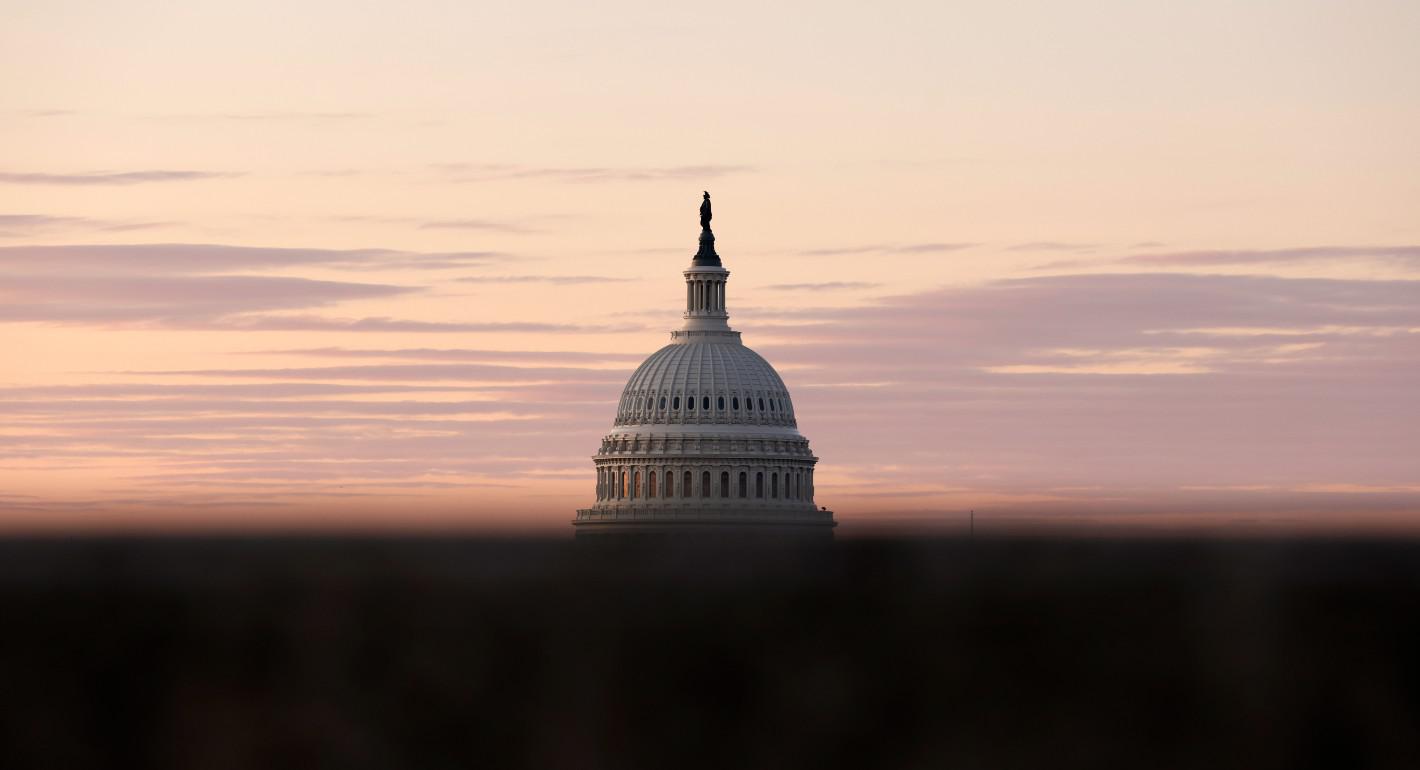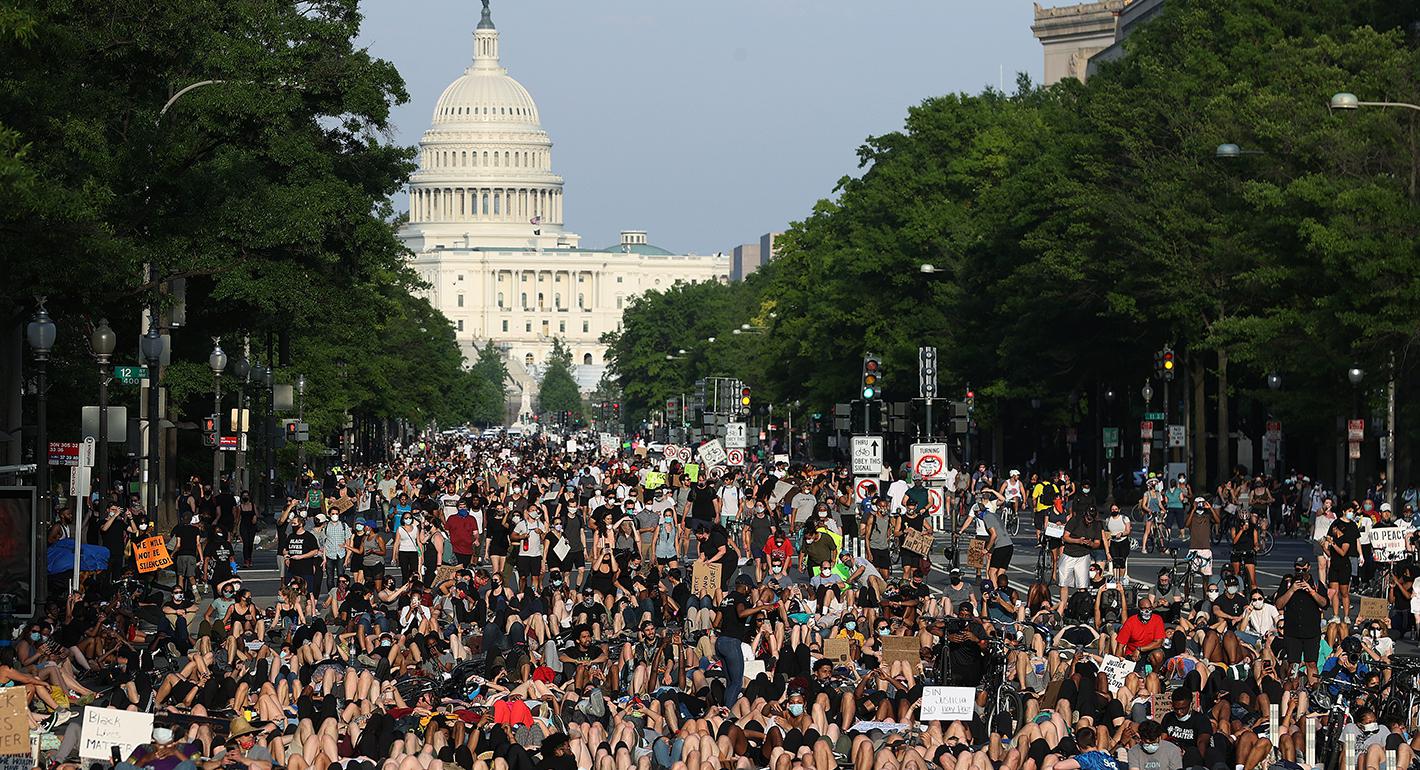McKenzie Carrier, Thomas Carothers

Programs
Democracy, Conflict, and Governance
About the Program
The Democracy, Conflict, and Governance Program is a leading source of independent policy research, writing, and outreach on global democracy, conflict, and governance. It analyzes and seeks to improve international efforts to reduce democratic backsliding, mitigate conflict and violence, overcome political polarization, promote gender equality, and advance pro-democratic uses of new technologies.
Program Experts
Latest Work
Two experts discuss how drone technology is shaping yet another conflict and what the United States can learn from Ukraine.
Steve Feldstein, Dara Massicot
Richard Youngs, ed., Elene Panchulidze, ed.
Steve Feldstein
- •Foreign Policy
Thomas Carothers, McKenzie Carrier
U.S. Democracy Under Pressure
In recent years, multiple international indices have downgraded U.S. democracy. Polarization, accusations of voting irregularities, political violence, and other negative trends are having a corrosive influence on the state of U.S. democracy and leaders’ ability to govern, address domestic problems, and craft stable policies. This project brings together the work of scholars across the Carnegie Endowment for International Peace who analyze the problems afflicting U.S. democracy based on comparative perspectives and offer insights that can strengthen U.S. governing institutions and society.
In a context of democratic erosion, U.S. civil society organizations face a widening array of legal, political, and security threats. They can learn from the experiences of civic activists in backsliding democracies around the world.
Saskia Brechenmacher
Over the past two decades, dozens of governments have used regulations, laws, and vilifying narratives to restrict the ability of civil society organizations to act and speak. Now, a similar set of tactics is being rolled out in the United States. What should philanthropists and organizations expect, and what can be done?
Rachel Kleinfeld
What can be done about polarization in the United States? Reviewing a decade of research reveals unexpected findings.
Rachel Kleinfeld
Digital Feature
Explore the Global Protest Tracker
A one-stop source for following crucial trends in the most significant antigovernment protests worldwide since 2017.
